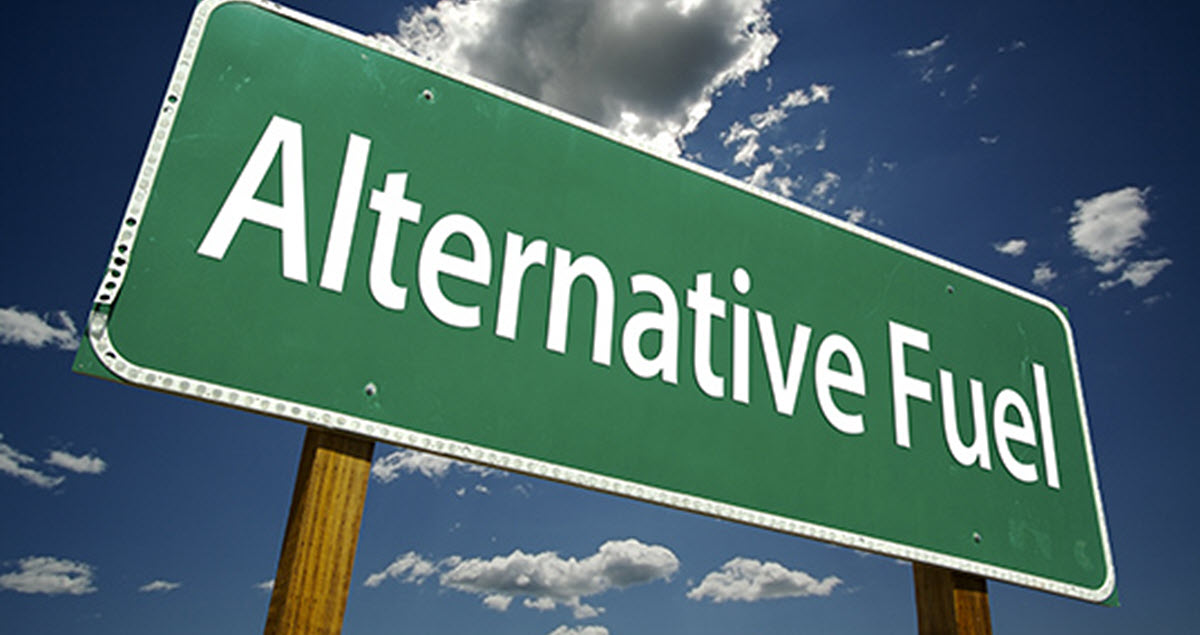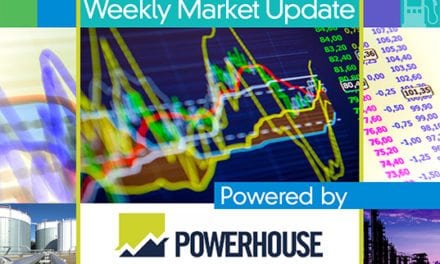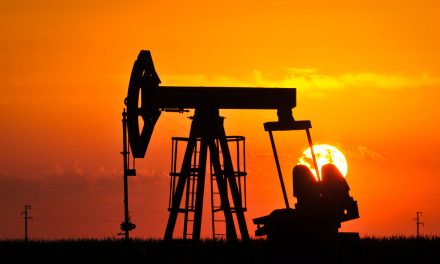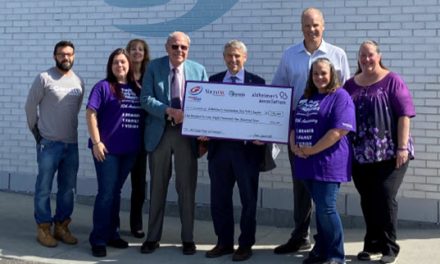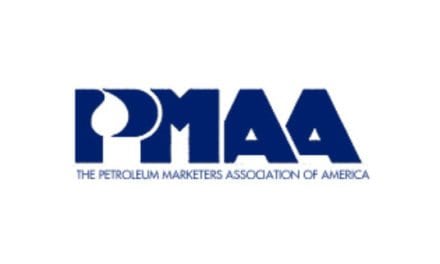The Washington Clean Fuel Standard is off to an impressive start with the release of its first-quarter results for the number of credits generated by alternative low-carbon fuels. These figures demonstrate the program’s commitment to reducing carbon emissions, supporting local economies, and fostering a unified market for biomass-based diesel on the West Coast.
During the first quarter of 2023, the program solidified its role in the race to meet carbon reduction goals, joining California and Oregon in promoting the use of increasingly higher blends of biomass-based diesel. Preliminary data shows that biodiesel and renewable diesel contributed around 22% of the credits indicating an approximate 1.2% blend rate. In comparison, when California first implemented its Low Carbon Fuel Standard, the state saw a blend rate of 0.4% for biodiesel and renewable diesel in the first year.
Replicating California’s Low-Carbon Fuel Standard, Washington adopted their own Clean Fuel Standard in 2021 in an effort to reduce carbon intensity in the transportation sector, the state’s largest source of greenhouse gas emissions. Implemented on January 1, 2023, by the Washington Department of Ecology, the program provides credits for a range of low-carbon fuel alternatives that improve air quality and stimulate economic growth while strengthening the state’s position as a leader in sustainable energy practices.
Jeff Earl, Director of State Governmental Affairs for Clean Fuels Alliance America, commented on the first-quarter results, saying, “We are thrilled to see the tangible impact of the Washington Clean Fuel Standard, a program which received tremendous support from our association. These results show that our fuels are the low-cost option for immediate decarbonization of the heavy-duty transportation sector in the state of Washington.”
Clean Fuels remains optimistic that as the year progresses, the program will continue to build on its first-quarter success supporting the transition to better, cleaner fuels and developing new market opportunities for the industry.
For more information about the Washington Clean Fuel Standard visit ecology.wa.gov.

